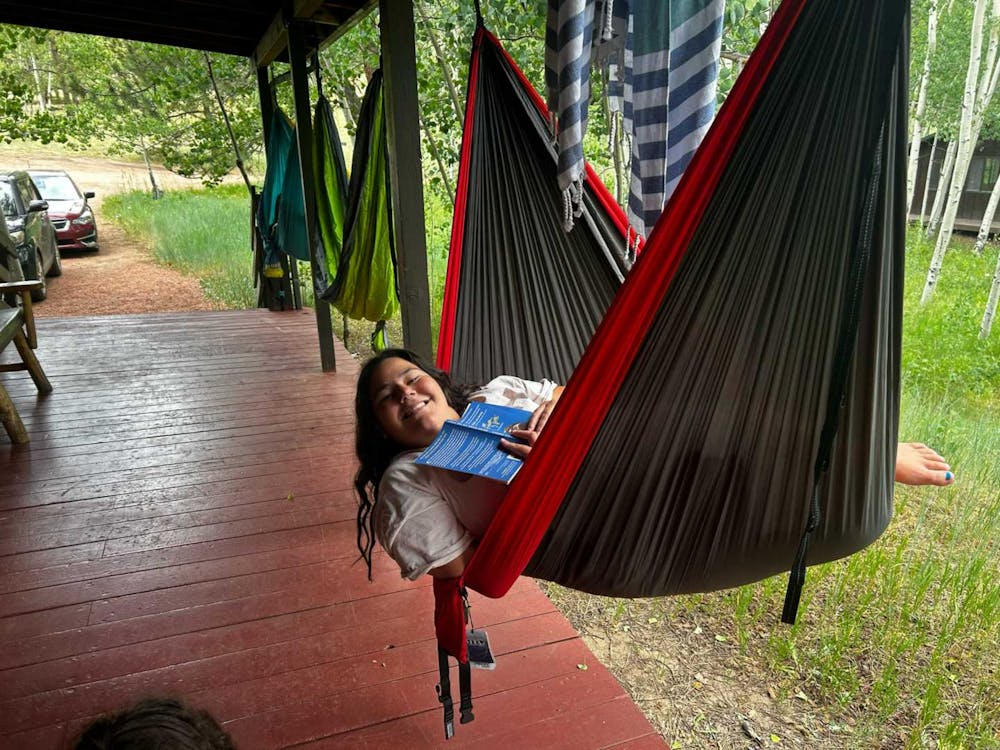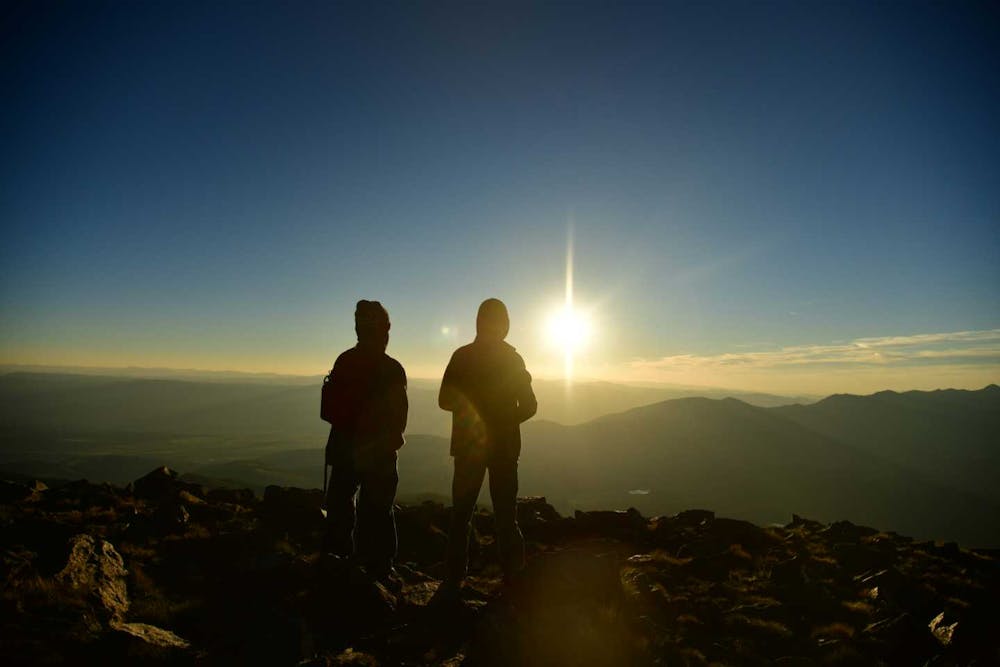Mid-September Update: Do Less = Be Better

As parents, August and May could be two of the most challenging months of the year (though there are some who would argue that the holiday time–with 1.3 million school performances, craft days, and constant requests for food or volunteering is even more overwhelming and hectic). Yet by the time we reach mid-September, it seems like everything begins to settle and we move into a more consistent rhythm.
In that way, it is fortuitous that mid-September is also the time at camp when the Aspen begin to turn. First you will just see clusters of yellow leaves, then whole trees, then–by early October–entire groves glow golden in the morning sun amid the darkness of the evergreens. This transition always occurs as we are wrapping up the past summer: writing thank you notes to our staff members, reading over parent surveys, processing priority enrollments, updating our database and finalizing our staff application so we can open our hiring season on October 1st.

Even though it is still busy, we seem to always be able to talk about the Aspen trees…or even find a reason (fenceline down? someone might have left a jacket on Top of the World? need to check that springtank…) to take a walk among them. It is being able to slow down enough to notice, over the years or weeks, that certain groves always change first or that the sound of the leaves changes subtly as they move from bright green to neon lime to yellow to red as their sugars and moisture are slowly drawn back into the trees.
In the go-go-go-go world we live in, being able to notice and wonder is quite a privilege–and it is one our campers experience every day they are at camp. In the recent article, High Schoolers Need to Do Less So They Can Do Better, educator Tim Donahue writes,
“Let’s not forget that exploration is the catalyst of learning. If we allow for more unbroken stretches of time, we begin to see those meadows that have been in front of us the whole while. When students are allowed uninterrupted thought, they can build ideas together. A gut reaction to a character’s monologue can lead to understanding of another passage, which can lead students to connect not only with fiction but also with one another.”
The ACA’s Camp Impact Study showed that camp experiences translate directly into school success, and we wonder if that might be because camp creates, in kids, “the value of reflection.” Beyond seeing incredible, perspective changing views from the tops of mountains, our campers are able to slow down and discover how to both fill their time as well as how to be bored. They read in hammocks, they build tree forts, they sit and talk and toss rocks in cup, they studiously watch ants carry a grasshopper across a rocky trail, they stare at the expanse of the night sky and wait, excitedly…hopefully…patiently, for the next shooting star.

We are genuinely excited about the cultural groundswell of recognition regarding the negative impacts of social media on children, teens and–frankly–all of us. But we also know how hard it is to unplug, slow down, “saunter” and simply be.
A summer–or multiple summers–at Sanborn helps instill that pace within our campers. And, even though “the National Council of Teachers of English in 2022 announced its support for the idea to “decenter book reading” in English language arts education”–we know that our campers read and share, collectively, thousands of books over the summer–enriching their minds and expanding their perspectives even more.
So our hope, as we find our school-day grooves, is that you practice your “subtraction” (this is our next book) and take that time to turn off your phone so you can saunter, read, have a cup of tea and reflect on your amazing kids and the astoundingly beautiful world around us.

